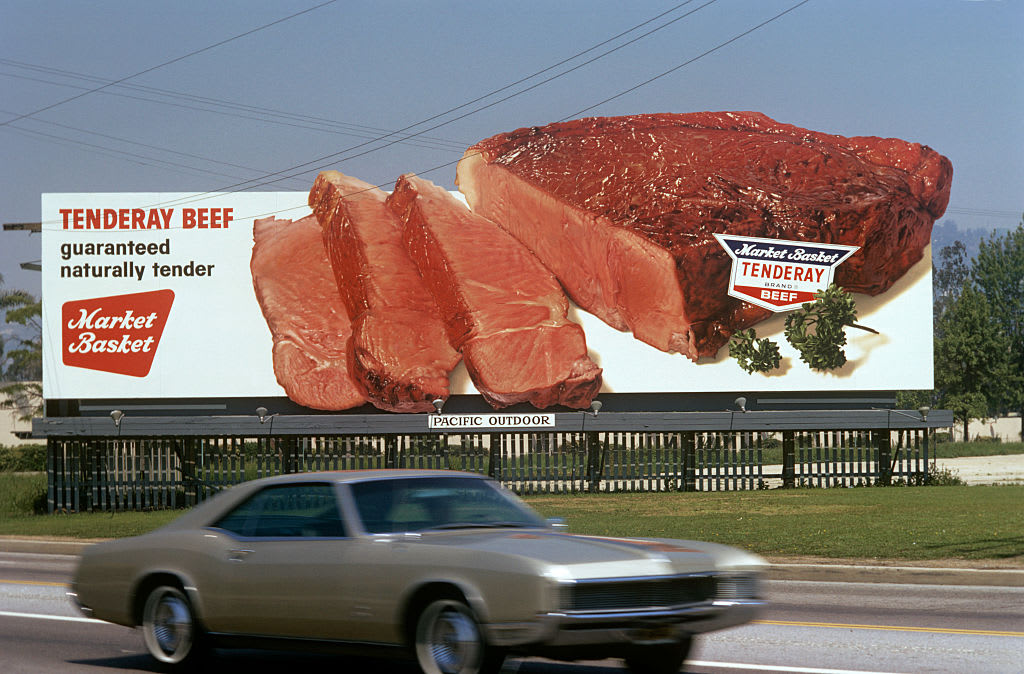Americans waste nearly a pound of food each per day, study finds
Every day in the United States, consumers throw out nearly a pound of food each, according to new research. In a surprising finding, the report also showed a link between quality of diet and food waste: the healthier a person's diet, the more food they threw in the trash.
"In the bigger picture, it's a waste of calories," study co-author Meredith Niles, a University of Vermont assistant professor, told CBS News. "It's a waste of environmental resources, but in our own households it's potentially a waste of our own financial resources, as well."
Between 2007 and 2014, U.S. consumers wasted nearly 150,000 tons of food per day. That's nearly a pound per person and equates to about 30 percent of the average daily calories consumed for every American.
The study, published Wednesday in the journal PLOS ONE, also found 30 million acres of land and 4.2 trillion gallons of water are wasted on food that goes uneaten each year.
Researchers also found higher quality diets were linked to higher levels of waste. Of the 22 food groups studied, fruits and vegetables were wasted most, accounting for 39 percent of the total waste. This was followed by dairy at 17 percent and meat and mixed meat dishes at 14 percent.
"Higher quality diets have greater amounts of fruits and vegetables, which are being wasted in greater quantities than other food," Niles said in a statement. "Eating healthy is important, and brings many benefits, but as we pursue these diets, we must think much more consciously about food waste."
To come up with their estimates, the researchers collected data on food intake and diet quality from a USDA national database.
The study authors say helping consumers understand the difference between produce that is just bruised versus produce that has truly spoiled is important to reduce food waste.
"Just because a banana has a bruise on it, doesn't mean we have to throw it away," Niles said, "and we can repurpose it," Niles said. "Maybe we don't want to eat it straight but we could put it in a smoothie or we can blend it up and make banana bread."
Other suggestions include educating consumers on the proper way to store fruits and vegetables so they last longer, and revising sell-by dates for meat and dairy.
Importantly, the researchers note that while low quality diets may produce less food waste, they come with a range of negative impacts, including low nutritional value and higher rates of cropland wasted.






